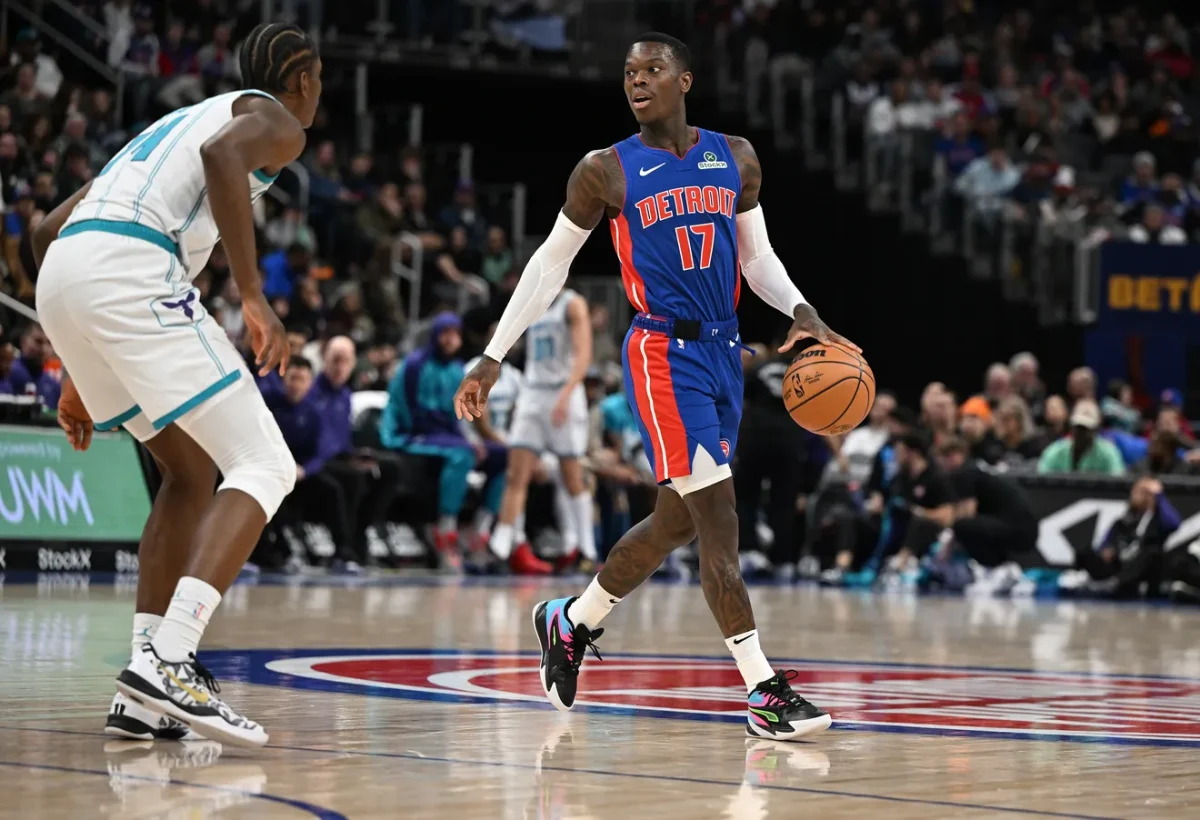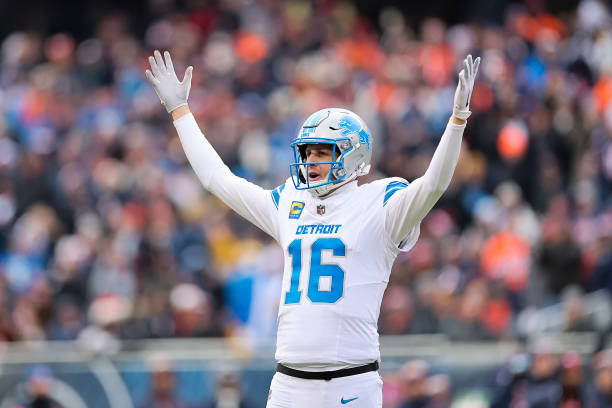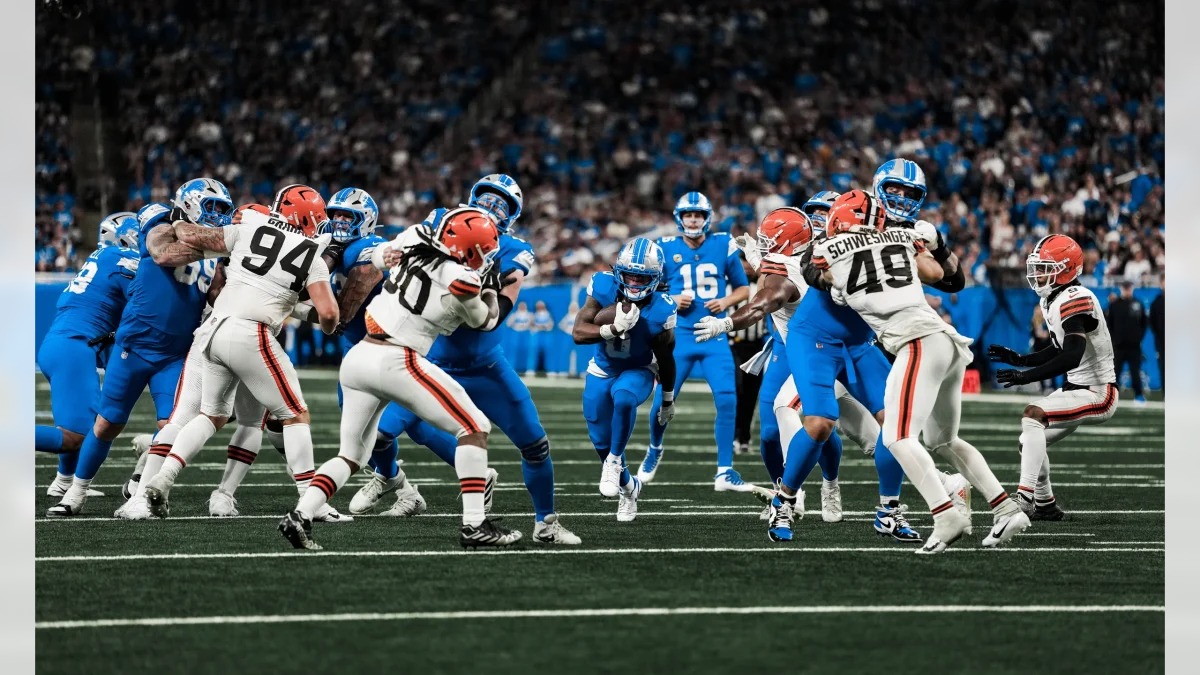Evan Blanchard:
For the sake of clarity, these are the transactions the Pistons made:
- Acquired forward KJ Martin and two second-round picks from the 76ers for cash considerations.
- Acquired Lindy Waters III and Josh Richardson as part of the Golden State and Miami megadeal for Jimmy Butler.
- Traded Richardson, Martin and a second-round pick to the Utah Jazz for Dennis Schroder.
Essentially, they ended up with Waters III and Schroder while netting a couple of second-round picks. For a team that’s playing as well as Detroit lately, I think they made the right choice to stick with the group they had.
Schroder is an ideal fit to take ball-handling pressures off of all-star Cade Cunningham. Schroder can step in to lead the team’s bench unit or even play alongside Cunningham. Aged 31, the 12-year NBA veteran is averaging 14.4 points per game, 2.6 rebounds and 5.5 assists on 41.8% shooting from the field. His best season, 2017-18 with Atlanta, saw him average nearly 20 points per game with six assists.
Waters III is a decent bench player who will help round out the rotations and give added depth. He is only averaging 5.5 points but brings great size as a 6’6” forward, weighing 210 pounds.
Most importantly, this trade deadline signified that the Pistons were comfortable with the group they had and believed in them. It was the first deadline in a while that instead of subtracting, the team looked to add and supplement the guys they already had. It’s a very encouraging sign going forward.
Kurt Szymanski:
Trajan Langdon handled his first trade deadline in Detroit with grace.
As Evan said, the Detroit Pistons added assets instead of subtracting at this deadline. But the main thing that sticks out to me is that the Pistons did not have to give up anything of value for the players and picks they acquired at this deadline.
Sure, they had to waive Wendell Moore Jr. to make roster space for Schroder and Waters III, but the impact Schroder alone can bring far outweighs what Moore Jr. could do in a Pistons jersey. Acquiring two second-round picks is the cherry on top as well.
The only unfortunate aspect of acquiring Schroder, who has had a solid season so far, is that his contract expires at the end of the season, making him an unrestricted free agent.
While the Pistons could look to bring him back, ideally on a more short-term deal that lasts at most three years, Schroder might ultimately look to join a team that is in a better position to win an NBA championship than the Pistons next season.
As for Waters III, I have difficulty seeing how he can crack the rotation among all of the forwards on this Detroit team.
Typically, Piston’s head coach, J.B. Bickerstaff, runs a rotation of 10 to 11 players every game. Considering Schroder will undeniably be a part of that rotation, Waters III will have to compete with Simone Fontecchio for minutes.
As it stands, Fontecchio plays 17 minutes a night, which is about how much Waters III played in Golden State this season, and averages a similar stat line to Waters III while shooting more efficiently on all three levels.
Additionally, Fontecchio is under contract until next year for the Pistons and was extended by Langdon himself this summer, meaning Fontecchio seeing the floor will likely be a priority over Waters III.
Luckily for Detroit, should the Waters III experiment not work out, his contract will expire at the end of the season, and they didn’t give up any significant assets to acquire him in the first place.





